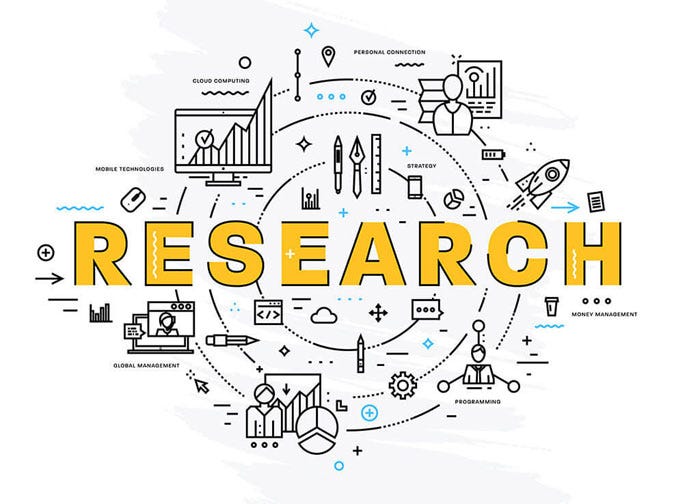
As the life extension industry moves from the fringes of science into the mainstream of biotech and public health, it now holds something more precious than any pill or algorithm: personal health data.
Genetic codes, biological age scores, wearable device logs, disease risk maps—these are the fuel powering the longevity revolution. But with great data comes great responsibility. In an industry that is both highly personal and deeply technical, data security is no longer optional—it is mission-critical.
The Golden Currency: Why Longevity Research Relies on Sensitive Data
Unlike other scientific fields, life extension depends on multi-layered personal data collected over time:
• Genetic sequences
• Epigenetic age tests
• Health records (EHRs)
• Wearable sensor data
• Cognitive and behavioral assessments
This data is:
• Highly identifiable
• Extremely valuable to hackers
• Legally protected under laws like HIPAA (USA) and GDPR (EU)
For researchers and biotech firms, protecting this data is not just good practice—it’s a legal, ethical, and brand-defining requirement.
The Business Risk: A Breach Could Kill Public Trust
Life extension companies are often startups, balancing innovation with limited resources. But even one data breach can:
• Destroy trust among participants and donors
• Lead to multi-million dollar fines under GDPR or HIPAA
• Invite negative media attention and lawsuits
• Result in loss of access to hospital data and research partnerships
This is why security must be embedded into the very architecture of research platforms—not added as an afterthought.
Regulatory Compliance: A Global Maze
• In the United States, HIPAA governs patient data. Noncompliance can mean up to $1.5 million per violation.
• In the European Union, GDPR treats health and genetic data as “special category” information with strict consent rules.
• Countries like Singapore, Canada, and Australia are building hybrid models that balance research with privacy.
A life extension company working globally must comply with multiple data regimes—often with overlapping or conflicting requirements.
Ethical Frontiers: Consent, Control, and Transparency
Longevity research poses unique ethical questions:
• Do participants know how their data will be used 10 years from now?
• Can they withdraw from a genetic study that has already generated AI predictions?
• How are researchers informing users about secondary data usage?
The concept of “informed consent” must evolve in the age of continuous data streaming and lifelong trials.




